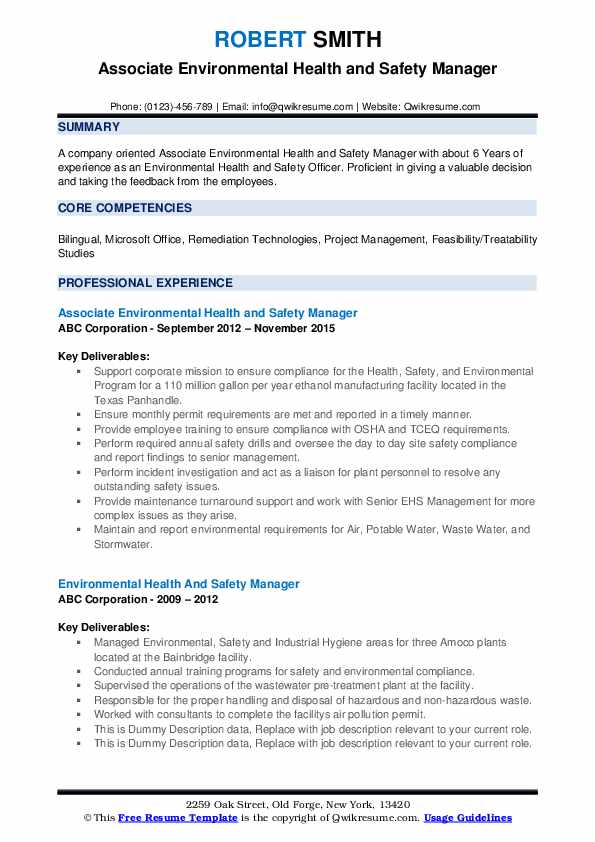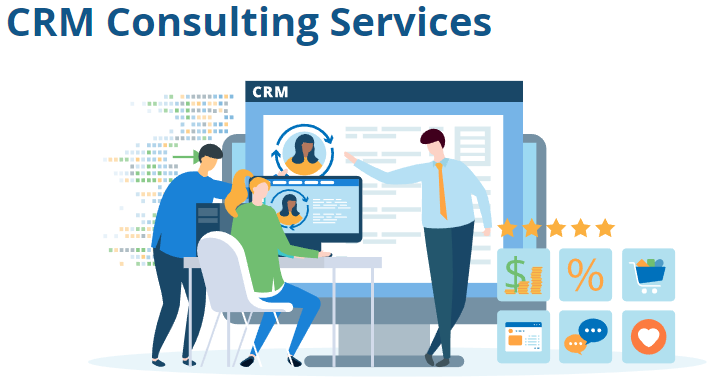
Agricultural consultants advise farmers and ranchers on a wide range of agricultural issues. Their advice includes the production of many crops and livestock, water resource management, and protection of environment. They also offer business advice such as estate planning or waste management. Many agricultural consultants specialize in a particular area of farming, such as agritourism. These resources and tips will help you make the right decision about a career within agricultural consulting.
Job description
The role of an agricultural advisor is broad and may include advice to farmers on topics such as machinery, farming methods, safety, and pest management. Agricultural consultants are also available to assist farmers in their business analysis and take part in seminars, meetings, and group sessions. They might also manage or run farms for absentee owner owners. The job description is available below. Agricultural consultants are able to provide expert advice and research to help improve agricultural processes.
To be successful as an agricultural consultant, one must have excellent communication skills. They are responsible for writing and editing documents as well as researching, managing and updating information. They might also travel frequently during work hours. They work Monday through Thursday, but they may sometimes be required work on weekends or evenings, especially during busy periods. They might also own their own farms. There are many ways that agricultural consultants can progress their careers, depending on their experiences and the organization they work for.

Education is required
Agricultural consultants are employed in many different sectors such as the agricultural industry and environmental services. This profession requires a degree or equivalent in soil/earth sciences. Those with previous experience in agriculture are also highly desirable, as is relevant postgraduate qualification. International work may require further study into niche areas. You also have the possibility to start your own farm business as an agricultural consultant.
While the education requirements of an agricultural consultant vary, it is usually required to have at least a bachelor’s degree from an accredited university. A graduate degree is recommended in a related field such as agribusiness and natural resources management. However, postgraduate business degrees do not give a consultant an advantage. In general, an agricultural consultant will need the same education as other agricultural jobs.
Experience required
A consultant in agriculture is responsible for providing advice to clients about various business problems. Their expertise can vary depending on the area they work in, from financial matters to human relationships to management of personnel. They might also deal with production and operations issues, as well as environmental and climatic matters. These varied roles will require applicants to be good communicators and have interpersonal skills. An agricultural consultant who is successful should not only have a deep understanding of agriculture but also be able to understand business practices in all areas.
An agricultural science graduate is necessary to be successful as an agriculture consultant. But you also have the option to start your own company or apply to multinational firms. In any case, experience in the agricultural industry will help you in building a strong reputation. To start your own business, you can apply for jobs advertised in general recruitment websites, agricultural magazines, and agricultural journals. Numerous websites offer consulting services in agricultural fields.

Salary
An agricultural consultant job requires knowledge in a variety of topics, including business, agriculture, and human relations. These consultants often work with clients from different areas and can focus on many issues including production and operations. Because of their varied knowledge, agricultural consultants may earn an average salary of $94,745 per year. This career field is expected to grow by 1% between now and 2029. It is one of the most rapidly-growing occupations in America.
Potential clients will require you to share your knowledge as an agricultural consultant. Agricultural consultants can work for consulting firms, or on their own. Clients expect to see that they have had multiple job experiences, and have progressed in their careers. Having experience in specialized areas is also a plus. It will depend on where you live and what government it is. You can charge more if you have some experience in the agribusiness industry.
FAQ
What skills will I need to be a consultant?
An effective consultant must have strong interpersonal skills as well as analytical skills. This is essential because you will be working on projects that you don't know the details of. You will need to learn how you manage people and solve problems quickly.
A strong communication skill is also necessary. Most clients expect an answer within 24hrs. If they don’t hear back, they assume that you aren’t interested. It is vital to inform them and make sure that they are fully informed.
How much does it cost to hire a consultant?
There are many factors that influence the price of consulting services. These factors are:
-
Project size
-
Time frame
-
Scope of work
-
Fees
-
Deliverables
-
Other factors such as location and experience are also important.
Who hires consultants
Many companies hire consultants to help with their projects. These include small businesses, large companies, government agencies and non-profits.
Some consultants work directly with these organizations while others freelance. The hiring process for both cases varies depending upon the project's size and complexity.
Many rounds of interviews are required when hiring consultants. Then, the final decision will be made about who you believe is best for the job.
Why do you need consultants?
You might need consultants for a variety of reasons.
-
An organization might have a particular problem or project that requires solving
-
You want to increase your skills and learn something new
-
You want to work with an expert in a particular field
-
The task is yours alone.
-
You feel overwhelmed with all the information you see and don’t know where it is.
-
You cannot afford to pay someone fulltime
The best way to find a good consultant is through word of mouth. Ask your friends and family if they know of any reliable consultants. Ask your friends and family for referrals if you know someone who is a consultant.
If you're interested in using online directories, such as LinkedIn, you can use the "Search People” feature to find consultants near your location.
What are the different types of jobs available for consultants?
Being a consultant will require you to have a solid understanding of business strategy as well as operations. You need to be able to comprehend how businesses function and how they fit in with society.
To be successful as a consultant, you must have strong communication skills and an ability to think critically.
Because they might be required to complete different tasks at different times, consultants must be flexible. They should be flexible enough to change direction quickly if needed.
They should be prepared to travel extensively in support of their clients. This kind of work can take them around the world.
They must also be able handle stress and pressure well. Consultants may sometimes be required to meet tight deadlines.
As a consultant you might work long hours. This can mean you might not always receive overtime compensation.
What is the difference between a consultant and an advisor?
An advisor is someone who provides information about a subject. A consultant can offer solutions.
Consultants work directly with clients to help them reach their goals. An advisor advises clients indirectly through books, magazines, lectures, seminars, etc.
What are the benefits of being a consultant
As a consultant, you can usually choose when you work and what you work on.
This allows you to work wherever and whenever you want.
This allows you to easily change your mind and not worry about losing your money.
Finally, your income can be controlled and you can set your own hours.
Statistics
- According to IBISWorld, revenues in the consulting industry will exceed $261 billion in 2020. (nerdwallet.com)
- According to statistics from the ONS, the UK has around 300,000 consultants, of which around 63,000 professionals work as management consultants. (consultancy.uk)
- On average, your program increases the sales team's performance by 33%. (consultingsuccess.com)
- Over 50% of consultants get their first consulting client through a referral from their network. (consultingsuccess.com)
- My 10 years of experience and 6-step program have helped over 20 clients boost their sales by an average of 33% in 6 months. (consultingsuccess.com)
External Links
How To
How to Find the Best Consultant
First, ask yourself what kind of consultant you are looking for. Before you look for someone, you need to be clear about your expectations. Make a list of everything you think you might need from a consultant. This list could include technical expertise, project management skills, communication skills and availability. Once you've listed out these requirements, then you may want to consider asking some friends or colleagues who they would recommend. Ask your friends or colleagues about any negative experiences they have had with consultants, and compare their recommendations with yours. Do some internet research if they don't have recommendations. You can post reviews on your previous work experiences on many websites like LinkedIn, Facebook and Angie's List. Use the feedback and ratings of others as a starting point to search for potential candidates. Once you have a shortlist, be sure to contact potential candidates directly to schedule an interview. At the interview, it is important to discuss your requirements and get their feedback on how they can help. It doesn't really matter if they were recommended; as long as they understand your business objectives, they will be able to show how they could help you achieve them.